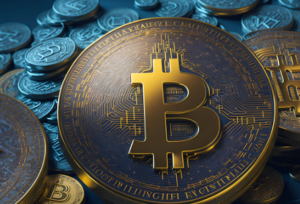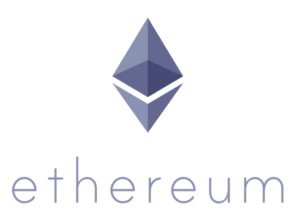$KOSPI $EWY $BTC
#SouthKorea #KoreaDiscount #EmergingMarkets #StockMarket #CorporateGovernance #KOSPI #ChaoticMarkets #InvestorCaution #GlobalEconomy #MarketValuation #RiskFactors #FinancialNews
The “Korea discount,” a term commonly referenced in financial circles, underscores a significant challenge for South Korean securities, which trade at noticeably lower valuations compared to other emerging market peers. Several factors converge to create this discount, with corporate governance and geopolitical tensions being dominant contributors. Global investors often perceive South Korea’s financial landscape as fraught with risks, ranging from opaque ownership structures to shareholder-unfriendly practices at some conglomerates, or chaebols. This longstanding skepticism has made institutional investors cautious about heavy allocations in South Korean markets despite the nation’s robust industrial base and economic standing as one of Asia’s most advanced economies.
Recent turmoil within South Korea has amplified these concerns, pushing some investors even further to the sidelines. A combination of political unrest, increased labor disputes, and escalating geopolitical uncertainty in the region has left markets rattled. Specifically, the benchmark KOSPI index, which already lags its global counterparts in valuation metrics, has seen intensified selling pressures. What should be a cornerstone emerging market seems to be experiencing a perfect storm. The heightened investor wariness has spilled over into ETFs like $EWY, which tracks South Korean equities, and even crypto markets where Korean retail traders have historically been active participants, particularly in assets like $BTC.
The sell-offs reflect both immediate reactions to the chaos and long-term structural concerns. From an analytical perspective, the underwhelming performance of South Korean equities relative to their peers can be dissected through metrics like price-to-earnings (P/E) ratios, book values, and dividend yields. Despite some South Korean firms posting strong earnings growth and being global leaders in sectors like semiconductors and manufacturing, these factors fail to offset the enduring narrative of governance-related inefficiencies. Compared to higher-priced emerging markets such as Taiwan or India, South Korean securities remain deeply discounted, raising the question of whether the risk premium is overdone or justified.
The broader market implications of this growing investor aversion could ripple beyond South Korea. For example, global fund managers aiming to diversify in Asia may limit exposure to Korean equities, favoring safer options or markets with more favorable valuations and transparent governance. The situation also presents potential opportunities for contrarian investors, who may see unjustified downward pressure as an entry point for long-term gains. However, unless South Korea addresses some of these structural issues—namely corporate governance reforms and more transparent regulatory practices—the country’s appeal on the global stage may remain muted, despite its economic credentials and rich industrial base.











Comments are closed.